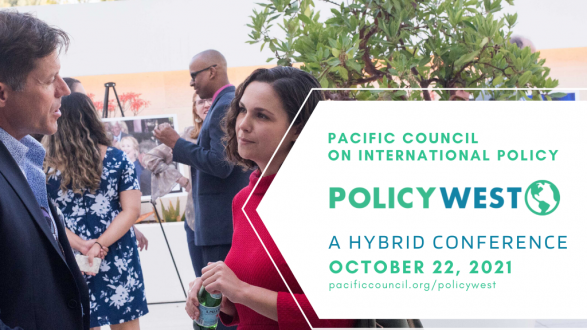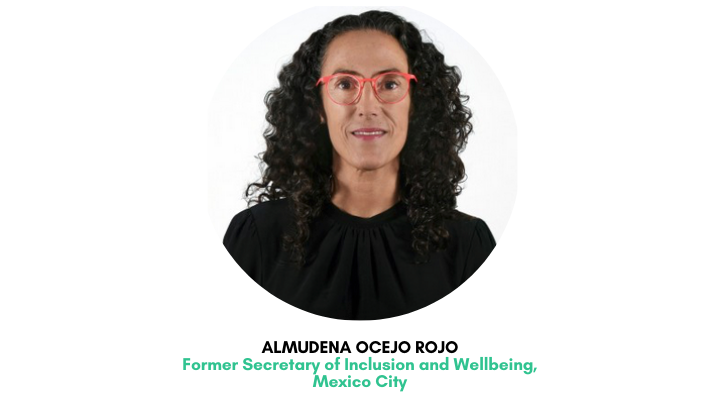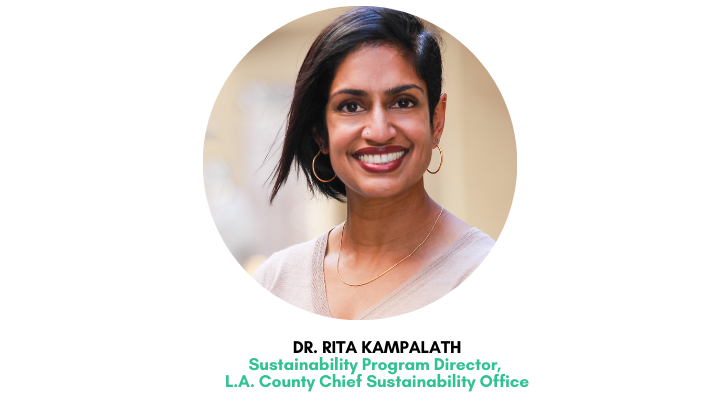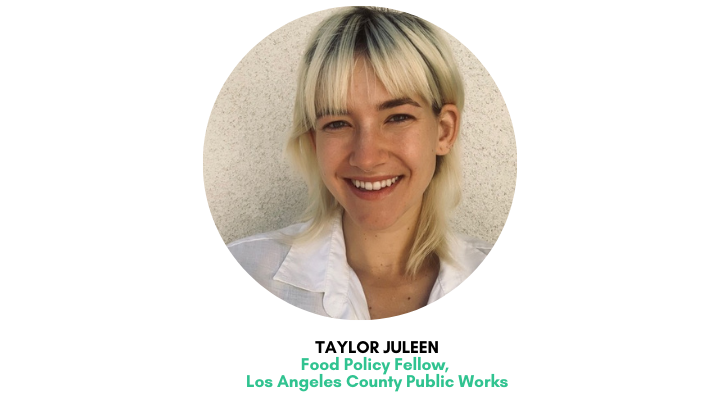Morning Panel Breakout Sessions
Global Solutions to the Homelessness Crisis
The homelessness epidemic is an issue that impacts all of us both here in the United States and abroad. The COVID-19 pandemic has only exacerbated the crisis and contributed to greater inequities, especially in international cities. What exactly are viable policy solutions for ending homelessness? How can policymakers and practitioners around the world mobilize these solutions? Hear from our panel of experts from around the globe as they share their lessons learned and evidence-based strategies.
REGISTER HERE
Featuring:
About Dr. Lígia Teixeira:
Lígia is the founding Chief Executive of the Centre for Homelessness Impact, a member of the What Works Network. She set up the Centre in 2018 and led the feasibility study which preceded its creation while at Crisis UK. Lígia is bringing ‘what works’ methodology to homelessness: the use of reliable evidence and reason to improve outcomes with existing resources. In 2019 Lígia was conferred the Award of Fellow of the Academy of Social Sciences (FAcSS) for her contribution to social science. In 2016 she was awarded a Clore Social Fellowship on Housing and Homelessness, funded by the Oak Foundation. Lígia was previously at Crisis UK, where over a period of nine years she led the organisation's evidence and data programme - growing its scale and impact so that it's now one of the largest and most influential in the UK and internationally. She joined the charity in March 2008 following stints at the Young Foundation and the Refugee Council. Lígia was awarded a PhD from the Government Department of the London School of Economics in 2007. She has also worked in research roles for Professor David Held, founder of Polity Press, for sociologist Professor Helmut Anheier, who founded and directed the LSE’s Centre for Civil Society, and for the International Labour Organisation where she covered issues including human trafficking, child labour and women’s rights.
About Almudena Ocejo Rojo:
Almudena was the Executive Director of Citizen. Joint Construction of the Public, CIESAS (previously the Center of Comptroller of Social Studies of Democratic Construction) from 2007 to 2016. She has a doctorate in Political and Social Sciences from the National Autinomous University of Mexico (UNAM) and received her Master of Public Administration and Public Policy from New York University (NYU). Almudena is also a professor at the graduate school of Public Policy at ITAM, on the topics of public management, citizen participation, and thesis Seminar. In 2011, Almudena was recognized as an Ashoka Fellow in social entrepeneurship for her work in promoting citizen participation. She was also a member of the Advisory Team of the Global Alliance for Social Auditing (GPSA) of the World Bank (2015-2017). She She was Director of the Bonding Unit for Transparency in the Ministry of Public Function (SFP) and headed the Citizen Monitoring Program. From 1999 to 2003, Aludena lived in Washington D.C., where she worked as a consultant at the Inter-American Development Bank (IDB) and as Director of Research and Analysis at the National Committee for Responsive Philanthropy (NCRP).
Moderated by:
About Elise Buik:
In March 2005, Elise Buik made history by becoming the first female President and Chief Executive Officer of United Way of Greater Los Angeles. An Atlanta native, Elise initially found Los Angeles compelling for its weather. But she stayed for the community and the immediate impact she could make at United Way. After seven years as Marketing Manager for a medical software company, Elise joined United Way in 1994 with a strong belief in the organization and a deep dedication to improving the quality of life in Los Angeles County. Starting in the marketing department, Elise worked her way up through the ranks with long hours and a steadfast commitment to addressing this city’s social and economic challenges. Elise has been instrumental in transforming United Way into a community impact organization that identifies social issues, convenes experts, partners with other organizations and crafts innovative solutions and policy. Under her leadership, United Way launched its strategic 10-year action plan, Creating Pathways Out of Poverty. The plan focuses on three critical issues: ending homelessness by providing housing stability, improving educational achievement, and helping families gain economic mobility.
City Diplomacy for the Future of Food and Water Security
The numerous climate and sustainability crises of 2021 exemplify a clear local-to-global link that calls for strong relationships between major cities and leaders across diverse sectors of business, technology, academia, politics, culture, and communications. As the global population continues to grow, what can cities in both developed and developing countries do to meet the increasing needs of water and food in a way that is sustainable and equitable?
REGISTER HERE
Featuring:
About Lauren Nicole Core:
Lauren Nicole Core is a water resources and climate adaptation and mitigation specialist with over 15 years of experience with research, public policy, and international cooperation. She is also a filmmaker, author, and speaker. Her expertise includes interdisciplinary approaches to water security, the water-food-energy nexus, water and climate mitigation tradeoffs, international environmental agreements, and evidence-based communications and behavior change. She has experience with the government, the private sector, academia, intergovernmental organizations, and nonprofits. Lauren has also designed and taught workshops as well as in-person and electronic courses. She is currently a Communications Lead for multiple water and environment related initiatives at Lawrence Berkeley National Laboratory, commonly referred to as Berkeley Lab, and consults for institutions such as the World Bank and United Nations. She has lived and worked in Europe and Central Asia, Latin America and the Caribbean, East Asia and Pacific, and North America. She has also worked remotely with teams in the Middle East and Africa.
About Dr. Christine Tran
Christine Tran is the Executive Director of the Los Angeles Food Policy Council (LAFPC), the largest food policy council in the country. LAFPC is a cross-sector non-profit with a mission to make food healthy, affordable, sustainable, and fair for all. LAFPC convenes working groups to develop community-driven policies, supports corner stores to provide fresh produce within half a mile of residences, leads innovative research projects, and provides leadership development training. Prior to this role, she worked on multi-year grants as a Family Supports Program Officer at First 5 LA. Her previous work includes teaching for the Los Angeles Unified School District as well as policy and program development across the United States in Los Angeles, Milwaukee, Washington, D.C., Chicago, New York City, and Seattle. She has a diverse background in food justice, education, nonprofit, philanthropy, and community development.
Christine is an Angelena from South El Monte. She operates through the lens of lived experiences. Christine is the daughter of refugees. Her mother worked in sweatshops, her father worked as a day laborer. She grew up in a CalFresh household, was a former WIC baby, and free lunch student. She is committed to increasing healthy food access, expanding local opportunities, and building healthy communities through inclusive policies and programs. Christine has written for KCET, PBS, Boom California, and Life & Thyme. She is a graduate of UCLA, Columbia University, and is currently a Ph.D. Candidate at the University of Washington. Christine is also an alumna of the Bill Emerson National Hunger Fellowship.
About Dr. Rita Kampalath
Rita joined Los Angeles County's Chief Sustainability Office in June 2017. As a Sustainability Program Director, she supports development and implementation of the County's first sustainability plan, as well as sustainability-related policies. Prior to joining the County, Rita was the Science and Policy Director of the non-profit Heal the Bay. Rita also worked for Geosyntec Consultants on a range of water quality projects. Rita received a B.S. in chemical engineering from Columbia University, and an M.S. in chemical engineering and a Ph.D. in civil/environmental engineering from UCLA.
Moderated By:
About Taylor Juleen:
Taylor is an interdisciplinary food-systems scholar and specialist, currently completing a California Climate Action Corps fellowship in food policy with Los Angeles County Works. She supports the County in implementing Senate Bill 1383, a statewide law that reduces and redistributes edible food waste from businesses to systemically marginalized communities. Before serving at the governmental level, Taylor worked with several non-profits devoted to food justice, garden-based education, and soil regeneration. These include The Garden School Foundation and Kiss the Ground. Taylor is keenly interested in exploring questions related to decolonial foodways, food sovereignty, and community agriculture. She is a graduate of the University of Southern California, where she received a Bachelor of Science in Environmental Studies with a focus on Food Systems and International Relations. Ultimately, Taylor believes in the power of storytelling and grassroots organizing to inspire transformation in the food system. When she isn't conducting outreach for her fellowship, she's assisting on food documentaries, researching graduate programs, and tending to a garden of her own.











